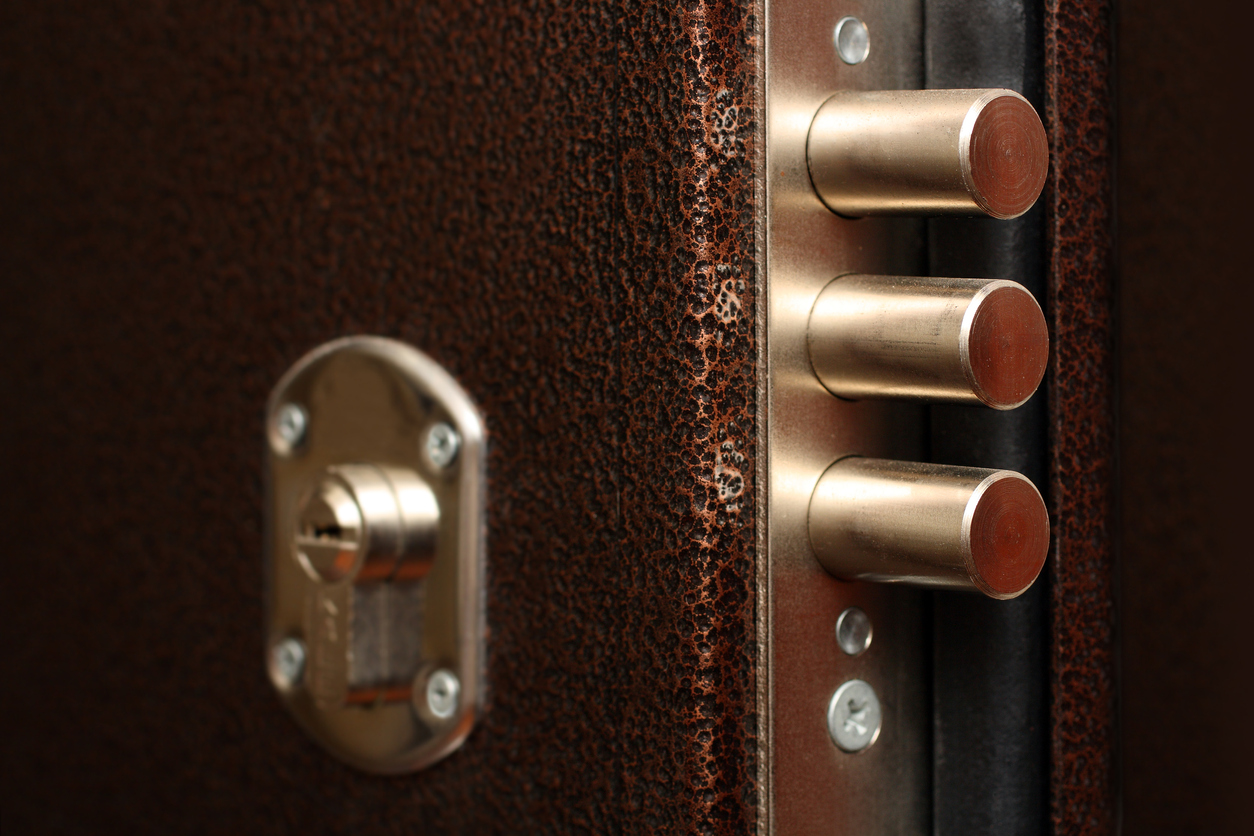Why Bulletproof Doors are Important in Nigeria
Why Bulletproof Doors are Important in Nigeria
You’d be surprised at how many people risk their lives just to gain access to a building. In Nigeria, intruders break into offices, schools and other buildings on a regular basis. Sometimes the reasons are understandable – for example, when employees have not been paid wages or have been fired unfairly. Other times, the reasons are more suspicious. These high-profile intrusions result in security measures being upgraded all over the country. Bulletproof doors are fast becoming standard as they can prevent intruders from gaining entry into a building. Here’s why bulletproof doors are so important in Nigeria and what you should know if you work in an office that could be vulnerable to this kind of intrusion.
What is a Bulletproof Door?
A bulletproof door is a security door that can prevent bullets from passing through it. These types of doors are typically made from three layers. The first layer is a rigid core made from steel. This core is surrounded by a layer of high-density polyethylene. This is then covered by a layer of ballistic fabric. Bulletproof doors can be designed for a wide variety of buildings. They can be installed in homes, offices, schools and other buildings. They can even be used in government buildings and banks. In buildings with a high-risk of intrusion, these doors are an essential way to prevent people from entering with weapons. They can also be used to protect large open spaces and provide walls of safety in the event of a dangerous situation.
Why Bulletproof Doors are Important in Nigeria
In Nigeria, many intruders will attempt to gain entry to a building by shooting their way through the door. There are a few reasons why someone might do this. The most common reason is that the intruders are attempting to rob the building or steal money or equipment. Other times, they’re attempting to enter the building to steal or destroy paperwork. Criminals may also attempt to break into buildings because they don’t have any other options. If a person has not been paid wages or has been fired unfairly, for example, they may attempt to gain entry to steal back their money or seek justice. Even natural disasters can prompt intrusions. If a building is affected by a hurricane or flood, people might attempt to break in to find shelter and supplies.
Bulletproof Glass Doors
Bulletproof glass doors are an excellent option for a wide variety of buildings. These doors are made from bulletproof glass that is designed to be shatterproof. Some types of bulletproof glass doors can also be bulletproof. Others can be made resistant to bullets, but they are less effective in enclosed spaces. Bulletproof glass doors can be used in a wide variety of buildings, including banks, government buildings and sensitive areas. They can also be used in homes and offices, but they are not as effective in enclosed spaces. These doors are a good security option in areas that experience high traffic. They provide clear visibility while still being resistant to bullets.
The Importance of Reinforced Doors
When criminals are unable to break down a door, they will sometimes move on to another building. Doors that are not reinforced are easier to break through than bulletproof and bulletproof glass doors. If intruders can’t get into a building, they will often move on to the next one. Reinforced doors are harder to break through than standard doors. If a building has reinforced doors and walls, intruders might decide to move on to the next building. This can buy security personnel time to respond to the situation. If intruders are unable to break through the reinforced walls, they may be forced to leave the building or attempt to break through the walls. In either case, responding personnel can arrive before the intruders are able to complete their mission.
Bulletproof Walls and Floors
Bulletproof walls and floors are not widely used, but they are a popular option for government buildings. These types of walls and floors are designed to be resistant to bullets and other impact. They are usually constructed from steel, concrete or a combination of the two. Although bulletproof walls and floors are common in government buildings, they are less common in residential and commercial buildings. This is partially due to the cost of these types of construction materials. However, the materials are very effective at preventing intrusions. Bulletproof walls and floors are used in sensitive areas and government buildings. They can be effective in residential buildings if they’re used throughout the building.
Bulletproof Windows and Roofs
Bulletproof windows and roofs are very rare. The costs associated with installing these types of materials are prohibitive for most buildings. However, they are an option for extremely sensitive buildings, such as banks and government buildings. Bulletproof windows, like all forms of bulletproof materials, are expensive to install. They must be installed by specialists and are very challenging to maintain. They must be cleaned with special equipment and can require special cleaning products. Bulletproof roofs are also very uncommon. They are not as expensive as windows, but they are still very costly.
Conclusion
Bulletproof doors and other forms of bulletproof materials are very important for security. They can help prevent intrusions and keep people safe. If you work in an office that does not have bulletproof doors or other types of bulletproof materials, speak up about your concerns. It is important that everyone works together to keep offices safe.








LEAVE A COMMENT
You must be logged in to post a comment.